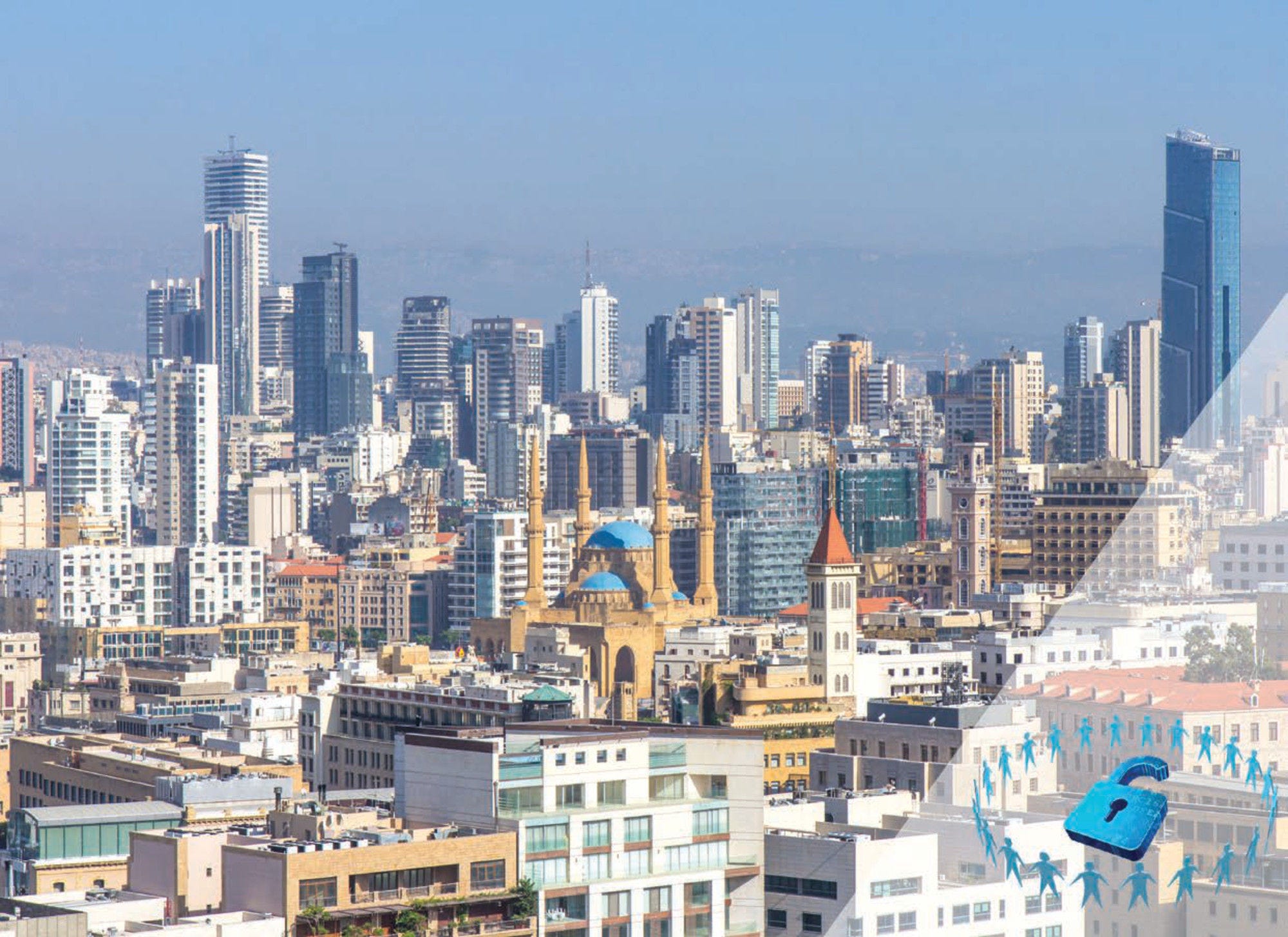Lebanon has committed to open government reforms and to engaging citizens and other stakeholders in the policy cycle. As noted in Chapter 3, Circular No. 21/2012 of 25 August 2012 requires all public entities to publish draft legal texts on government websites and solicit consultation and feedback from stakeholders, including civil society. Public entities are required by this circular to assess the feedback received from consultation and integrate it as necessary into updated versions of the legal texts. Similarly, work completed under Afkar III includes the establishment of a policy dialogue platform and detailed guidance, with several pilots implemented. These efforts are implemented in a challenging environment, which is characterised, according to the OECD survey, by distrust between government and civil society and a still too widespread culture of secrecy, for example cabinet meetings and parliamentary sessions are held behind closed doors. Despite this situation, Lebanon can build on several positive experiences in engaging stakeholders that have resulted in more trusting relationships between the ministries and civil society organisations concerned.
Notably, these positive experiences include the process of drafting the national anti-corruption strategy. The Technical Anti-corruption Committee, which is made up of several state institutions, led the work and consulted with various stakeholders, including parliament, civil society, the private sector and trade unions, as well as with the UNDP Regional Project on Anti-corruption and Integrity in the Arab Region. The strategy includes as its sixth outcome “enhancing the participation of society in promoting a culture of integrity” through awareness and educational programmes targeting the wider public, and encouraging non-governmental organisations (NGOs) to play a role in particular “in all aspects of the national strategy: preparation of public policies and strategies, proposals of projects and laws, monitoring and evaluation of public affairs and public administrations”. This also includes strengthening journalists’ capacity to support the fight against corruption. Similarly, the elaboration of the national action plan for the implementation of the Right of Access to Information Law saw the active participation of civil society, media and academics in the drafting process, and their involvement in the implementation is equally foreseen (see Chapter 3).
As has been undertaken in countries such as Costa Rica (OECD, 2016[2]), Lebanese civil society could consider creating a network of civil society organisations focused on open government and its principles. The network could bring together stakeholders involved in the promotion of different elements of Lebanon’s open government agenda, including those advocating for EITI and OGP membership, as well as civil society organisations working in the fields of access to information, open data and anti-corruption. Such a network could allow for a more structured approach to open government and ensure the inclusiveness and representativeness of civil society voices. The network could also play a key role in promoting open government principles and practices at the local level.
Lebanon could build on these positive examples to establish more regular and institutionalised engagement with civil society actors in the field of public governance and open government, more specifically an open government stakeholder network. Such a co-ordination mechanism can help to engage other state actors, such as Parliament and local administrations, as well as actors from society, such as academia, civil society, media and the private sector. This forum could build upon the experiences of the national committee formed in 2017 to oversee the implementation of the Sustainable Development Goals (SDGs), and should interact with these goals. The committee is chaired by the prime minister and includes more than 50 state officials, as well as two representatives from the private sector and two from civil society, namely the Hariri Foundation for Sustainable Human Development and Caritas Lebanon. It is a co-ordinating body for the SDGs and is responsible for raising awareness about the goals and ensuring that they are integrated into national policies and programmes. The committee presents a way of institutionally involving civil society in the SDG process. While it only includes two large organisations, these organisations conducted a series of national consultations and workshops with more than 300 civil society representatives. The committee has several working groups, including a thematic group on peace, led by OMSAR, which is responsible for the implementation of SDG 16 on peace, justice and strong institutions (Division for Sustainable Development Goals, 2018[17]). As SDG 16 calls for the implementation of open government principles, this thematic group should be involved in any co-ordination or consultation mechanism set up for open government reforms.
The public consultation conducted by the Lebanese Petroleum Association is another consultative process that can be seen as inspiration for further participatory approaches. In line with the legal requirements, the Lebanese government commissioned a Strategic Environmental Assessment (SEA) for the Exploration and Production Activities Offshore Lebanon in 2011, which was published in 2014. As the first assessment relied on limited consultation with different ministries and provided for no involvement of civil society (Lebanese Oil and Gas Initiative, 2017[50]), the Lebanese Petroleum Association, following civil society advocacy, organised a public consultation in 2019. The public was able to submit written comments during a period of seven weeks on the draft SEA. This online consultation was complemented by five public consultation sessions in Beirut, Tripoli, Byblos, Saida and Naqoura (Lebanese Petroleum Administration, 2019[51]). The revised SEA has not yet been published at the time of writing.
These examples could provide a basis to elaborate the suggested guidelines on stakeholder engagement (see Chapter 3) in order to further institutionalise consultative and participatory approaches in policy making.

